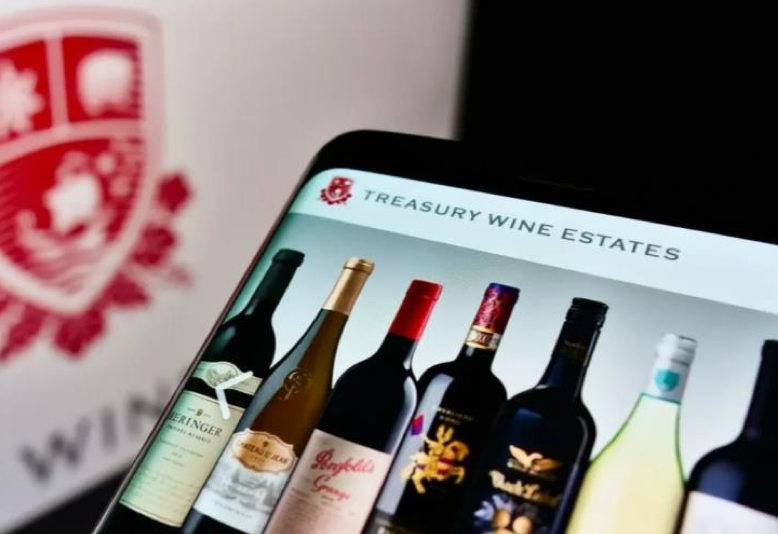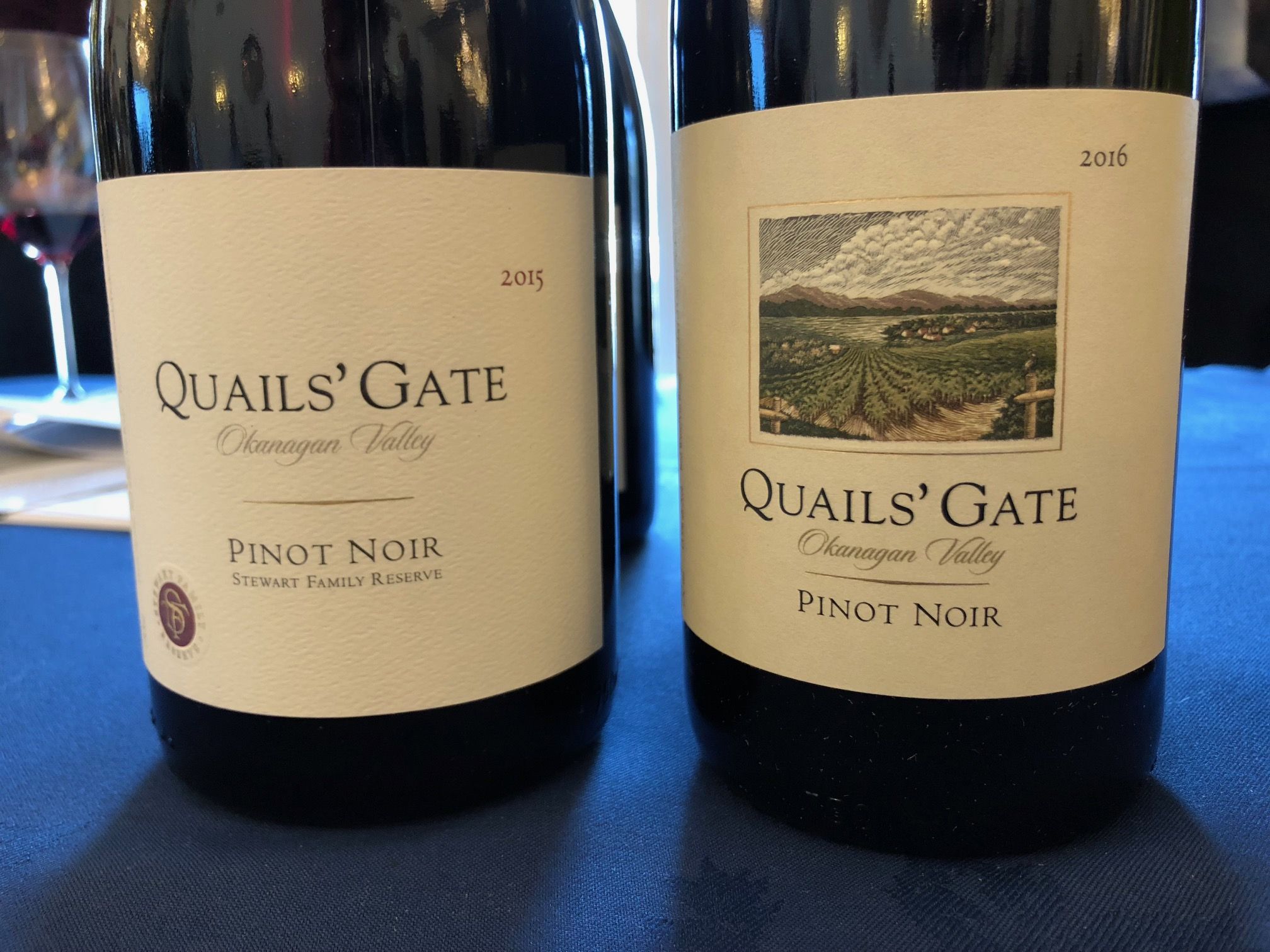Treasury Wine Estates’ Justin Noland explains why he is so optimistic about the future of the wine industry providing it steps up to the digital opportunities now available to brand owners. He will be sharing his experiences as part of next week’s Wine Future in Portugal. Click here to find out more about the event.
What do you see as being the biggest challenges and threats the wine industry is facing?
There is more choice than ever before. From traditional competition like beer and spirits, to the expanding RTD category, to better and better non-alcoholic options, consumers have choice. That choice means we need to continue to innovate how we stand out in a crowded field. It’s not just about asking a wine consumer to choose our brands, but about asking consumers in general to choose wine.
What do you see as the big outstanding opportunities and how do you see the industry capitalising on them?
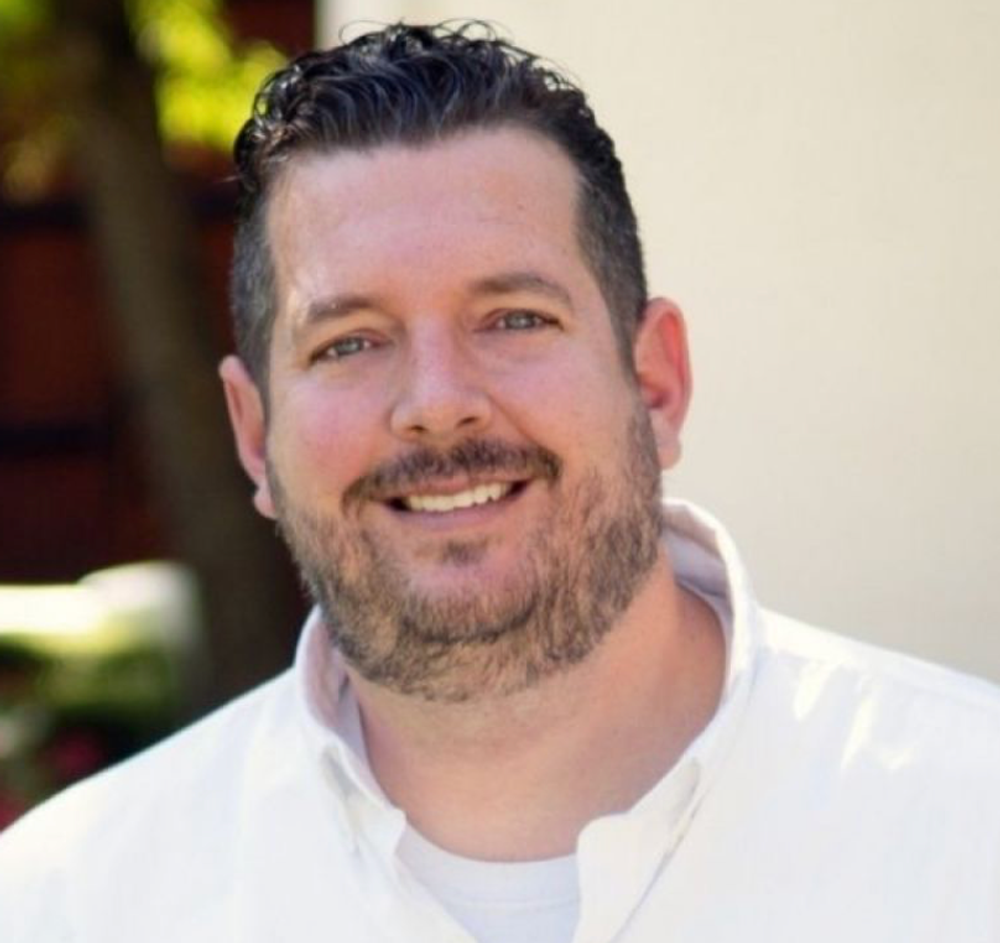
Treasury’s Justin Noland is sharing his experiences of DTC and digital marketing at Wine Future
The wine industry spends a relatively low percent of net sales revenue on marketing. At the same time, we need to innovate our approach to adapt to consumer behaviour. Brilliant digital strategies and the ability to engage consumers in new ways will be the difference maker for most brands. We need to invest in talent and technology, continue to innovate with sustainability as a priority, and evolve how we connect with consumers.
Connecting with consumers isn’t just about educating them and it certainly isn’t about “demystifying wine”, whatever that means, but finding ways for wine to be a part of their story. Connecting wine with their experiences and their reasons for enjoyment.
What do you think have been the biggest step changes in the wine industry in the last 10 years?
The Covid pandemic has changed the way many wineries think about digital connection. It forced many wineries to invest in people with digital expertise and ideas and wineries were open to those people not actually living in wine country. Consumers adopted online shopping for wine in numbers we had never seen before both in direct to consumer and with our partners in retail. The virtual tasting even became a thing. Connecting in digital ways became a necessary piece of the puzzle that we are all trying to solve.
Are you optimistic or pessimistic about the future of the wine industry in the next 10 years – and why?
If you have seen wine industry trend statistics in recent years, you might think our future is bleak, and maybe it will be for some, but I am very optimistic. There is an opportunity to embrace the digital age, listen to consumers, and engage future generations of wine lovers in all new ways. By also being an industry inextricably linked to the land and climate, we also have a huge role to play in coming up with sustainability solutions that impact the entire value chain and can truly make change.
Can I ask why you want to be involved in Wine Future?
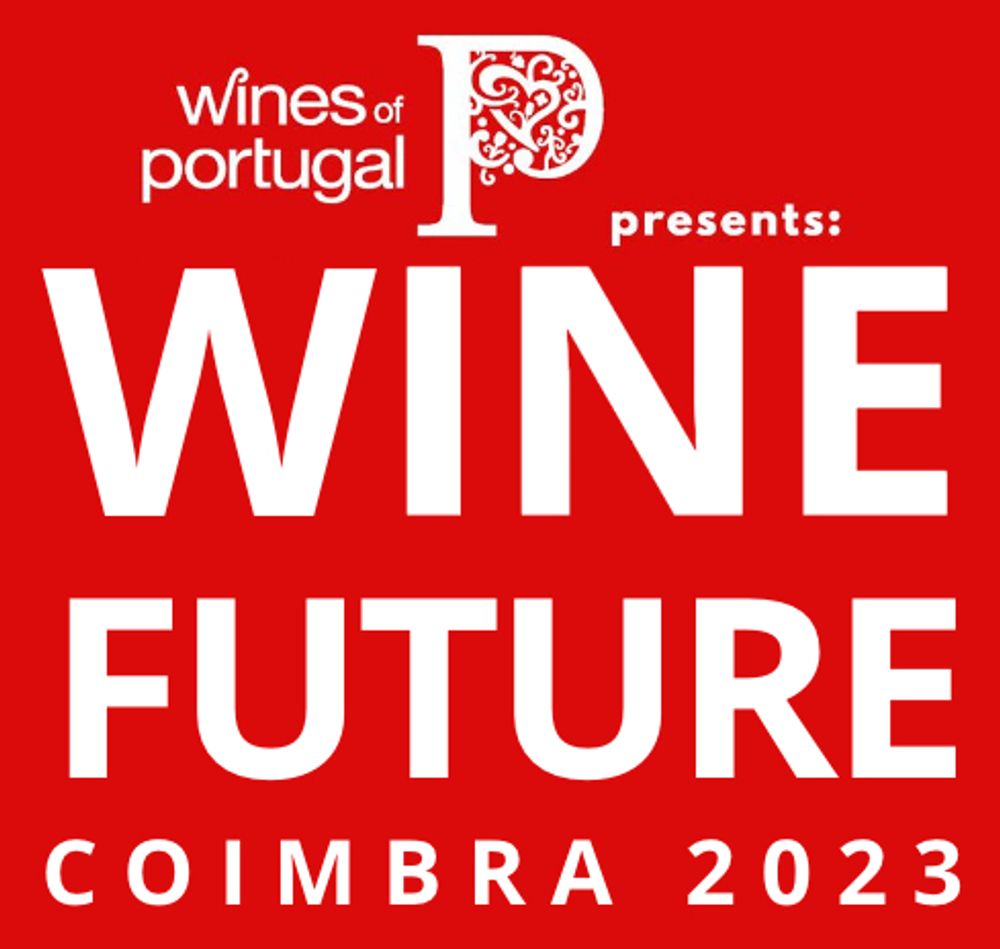
Wine Future takes place next week in Coimbra Portugal
The wine industry is facing a number of challenges today that are requiring us to evolve the way we think, where we can push ourselves to work more sustainably, what products we bring to the market, what experiences we create, and how we engage consumers. These are challenges that can be overcome and what better way to get there than by bringing together thoughtful, innovative, and curious people working on solutions. I want to discuss the challenges we are all facing, share ideas, and learn from my colleagues and the work they are doing.
What do you hope the event can achieve for the wider wine industry?
The pandemic opened the industry’s eyes to ecommerce as we saw a dramatic increase in consumer adoption to buying wine online across channels. The bigger change that we need to shift to is the idea of unified commerce. That there is not an ecommerce customer, or a retail customer, there is just a customer, and we need to get better at interacting with them in a fluent channel-agnostic way.
Data continues to show time and again that younger audiences care more about sustainability, want authentic stories, and value experience and discovery. Don’t we all? The industry is making incredible progress on sustainability, but there’s still more to be done. At Treasury Wine Estates we are pushing ourselves to achieve 100% renewable electricity by 2024 and net-zero carbon emissions (scopes 1 and 2) by 2030 across our properties globally. In our Americas division, the work Will Drayton and Emily Kern are doing around sustainability right now amazes me every day – whether it’s relating to autonomous technology to upskill our workers or working with water monitoring innovators such as Lumo.
We certainly have authentic stories to tell. Our hospitality colleagues built an entire tourism industry around unmatched wine-led experiences. Yet, the same data shows younger consumers aren’t choosing wine. Reaching them in new ways needs to become a priority.

Innovations like Fortunate Son wine brand from America’s Hundred Acres Wine Group is what gives Justin Noland optimism about where the wine industry is going
What is the theme of your talk and why have you chosen that topic?
Evolve or Die: Embracing Advanced Technologies to Thrive. Reaching the next generation of wine consumers requires a change in thinking and embracing technology. That sentiment isn’t Gen Z or millennial specific. It’s really everyone today. Reaching consumers requires a real digital strategy; a creative digital strategy backed by data. One that can bring your brand to life in ways that stand out from the crowded field, align with consumer ideology, elicit emotion and interaction, and create comfort in choice. It’s not an easy task, but that’s what it is going to take.
What do you most enjoy about working in the sector?
I love the passion people have for wine and how it can filter down to caring for nature. There are not many products where the passion for the process and result is so apparent from the people working in the industry. Consumers too. You certainly have people who just want to feel confident in selecting a bottle to drink that night with dinner, but you also have some that want to know every detail from dirt to bottle. It creates a wide spectrum of the kinds of stories that marketers can tell and the passion from the vineyard teams, winemakers, and educators at our cellar doors just energizes that. It’s a great industry to be a marketer.
What do you find frustrating and would like to change about the wine industry?
The industry can be very insular in our thought processes and what we think consumers want from us. I do think that sometimes we take ourselves a little too seriously and just forget to listen. This can lead to less new consumers choosing wine and less innovation overall. A big reason that I chose to join the amazing team at Treasury is because they have been known to be innovative and willing to push the limits of the traditional wine experience. From Penfolds to 19 Crimes – these are global brands that never stop coming up with new ideas and ways to engage consumers.
Any individuals or businesses that you most admire for what they do and why?
I would love to call out a few of my Treasury Wine Estates colleagues as it is an organisation known for innovation.

Treasury’s Tracy Sweeney is helping to drive DTC and digital strategy for the Treasury business and its brands, says Justin Noland
- Tracy Sweeny, VP of direct to consumer, is a fantastic leader and huge proponent of enablement focused technology. She motivates and paves the way for people like me to experiment and innovate within a broader organizational structure.
- Shem Swerkes, director of innovation, is truly a forward thinker on digital technology. He has led the way in AI adoption and sets the bar in data-driven ecommerce leadership.
- Katie Lindsay, brand director premium brands, is a phenomenal marketer with a thoughtful approach in expressing how each brand connects as a part of the consumer’s lifestyle, emphasising consumer-centricity and differentiation in a crowded category.
- Paul Mabray is an innovator and thought leader who has done more to drive the industry forward in digital technology than virtually anyone else. Advocating for better use of data, investment in talent, and the reduction of technical debt, he’s building ideas meant to help push all of us into a brighter digital future.
- Rollie Wright, director of DTC, at Hundred Acre Wine Group is leaning into digital UX and thematic storytelling to drive brand differentiation. Look at the recent website launch for Fortunate Son, it is truly unlike any wine website I have seen, and I love it.
- Patrick Stroud and the team at Bloom are helping wineries deliver their business needs across a relatively universal technology platform. While virtually anyone can build a website on Shopify, who have been great partners, Patrick and team connect our industry’s complexities together for a seamless experience.
- Arie Gurevitch and the team at Studio Beverage Group are enabling early brands to test markets and supporting them through compliance, delivery, and expansion.
Justin Noland will be taking part in a debate entitled “Evolve or Die – Embracing Advanced Technologies to Thrive” at Wine Future along with Maureen Downey, Ian Ford, Antonio Amorim and Alessandro Boccio at 3pm on November 8.
Wine Future 2023 – Coimbra November 7-9
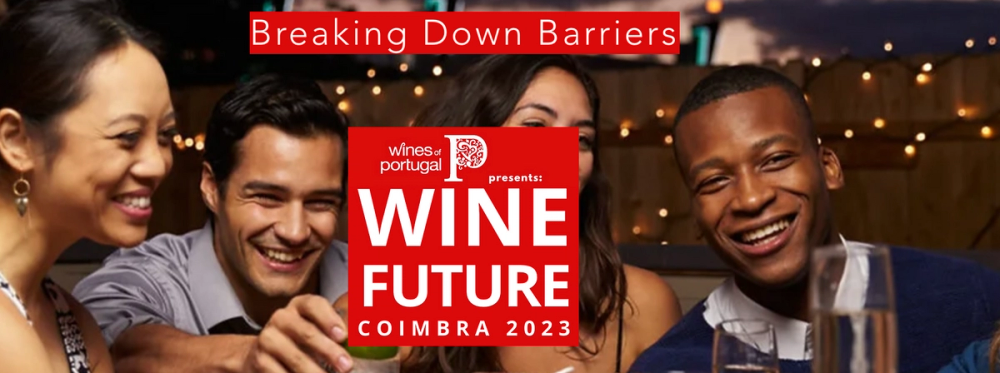
Wine Future 2023 promises to be the leading event in the world to tackle the biggest challenges facing the global wine industry and what steps its stakeholders need to be taking and focusing on to succeed in the future.
It is the fourth Wine Future event to take place following other editions first in Rioja in 2009, Hong Kong in 2011, Wine Future Virtual 2021 and Green Wine Future in 2022. Founder Pancho Campo claims the ambition and overall goal for Wine Future has not changed since 2009 when, in the middle of an economic crisis, it looked to assess its impact and offer solutions and inspiration to everyone involved in the global wine industry.
Close to 25 years later and the world is again facing huge financial difficulties, rampant inflation, a global climate emergency and a declining wine market in most major wine consuming countries. It is against that backdrop that Wine Future hopes to make a difference.

Key themes to be addressed at this November’s conference include:
- Engaging new consumers – particularly Generation Z and Millennials.
- The impact of global economic uncertainty, especially inflation.
- The opportunities of greater diversity, equity and inclusion in the wine industry.
- How we can reach new audiences and better engage with existing wine drinkers through celebrity endorsements, influencers, and working with major international music and sporting events.
- The use of digital marketing and social media to gain a new consumers.
- Using new technologies to improve sales.
- What can we learn from the competition from alternative beverages?
- The human impact of sustainability.
Final Conference Agenda:
- Keynote 1: “Educating the new generations on consuming alcohol with moderation and responsibly” – By Max Trejo and moderated by Siobhan Turner MW.
- Panel 1: “TikTok, Discord, and Paid Influencers – Reaching New Customers” – with Mariano Braga, Emma Bertrand, Georgia Panagopoulou, Simone Roveda, Luke Flunder and moderated by Cristina Mercuri.
- Panel 2: “Growing Sales in Uncertain Times – New Strategies and Trends” – with Ulf Sjodin MW, Rafael del Rey, Don St. Pierre, João Gomes Da Silva, and Moderated by Dr. Liz Thach MW.
- Keynote 2: “How should the wine industry work with celebrities and events?” with Paul Schaafsma, and moderated by Richard Siddle.
- Keynote 3: “From rockstar to businessman” with Bruce Dickinson, and moderated by Joe Roberts & Mike Wangbikler
- Panel 3: “Wine Tourism Evolution – From Cellar Door to Virtual Tours” – with Adrian Bridge, Catherine Leparmentier, Marisah Nieuwoudt, and Moderated by Dr. Michael Cheng
- Tasting 1: “Icon & Premium wines of Portugal” – By Dirceu Vianna Jr. MW and moderated by Frederico Falcao – with the participation of: Dirk Niepoort, Anselmo Mendes, Celso Pereira, Domingos Soares Franco, Joana Silva Lopes, Manuel Lobo Vasconcelos, Paulo Nunes and Diogo Moreira.
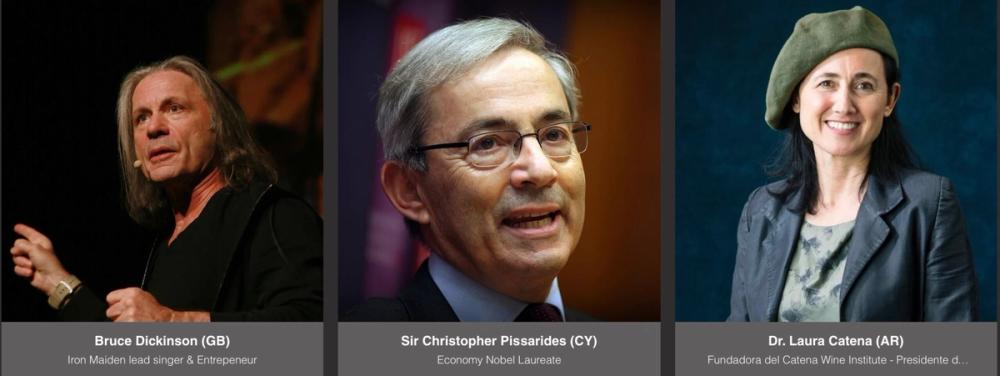
- Panel 4: “Getting to Your Core Story – How to Better Communicate About Your Brand” – with Alder Yarrow, Sonal Holland MW, Megan Greco, Natalie Wang, Ferrán Centelles, and moderated by: Mike Wangbickler.
- Panel 5: “The Competition is Winning – Learning from and Embracing Ideas from alternative drinks” – with Cristina Miranda, Lulie Halstead, Iram Eren, a Coffe Producer TBC, and moderated by Robert Joseph
- Keynote 4: “How and why wine could be the healthiest alcoholic beverage” – By Dr. Laura Catena, and moderated by: Cyril Penn
- Tasting 2: “The Magnificent 12” – Honoring the Ukrainian wine Industry – By Mark Squires and presented by: Maureen Downey.
- Panel 6: “Evolve or Die – Embracing Advanced Technologies to Thrive” – with Maureen Downey, Justin Noland, Ian Ford, Antonio Amorim, and moderated by: David Allen MW.
- Panel 7: “More Inclusive, Less Exclusive – Adopting Diversity, Equity, and Inclusion as an Opportunity” – with Mags Janjo, Queena Wong, Ntsiki Biyela, Bento Amaral, and moderated by: Stephen Wong MW.
- Tasting 3: “Historic & Legendary Madeira and Porto” – By Richard Mayson accompanied by some of the producers.
- Keynote 5: “The current status of the wine industry” – By Rob Mc Millan and moderated by Paul Mabray.
- Keynote 7: “The wine industry, world economy and work in the age of artificial intelligence” By Professor Christopher Pissarides and moderated by: Pancho Campo
